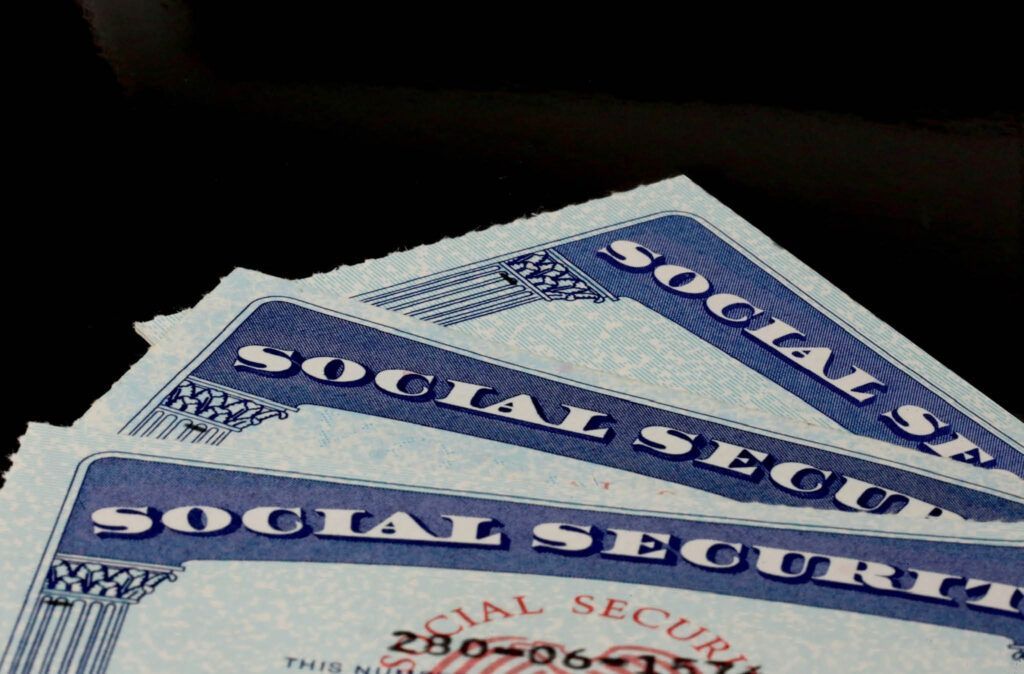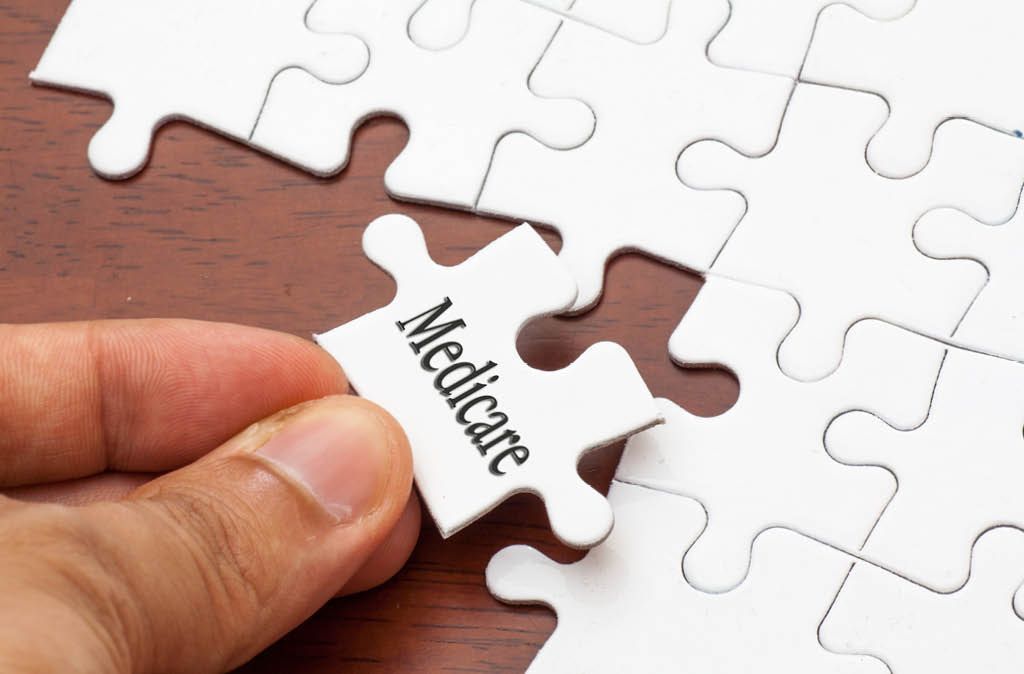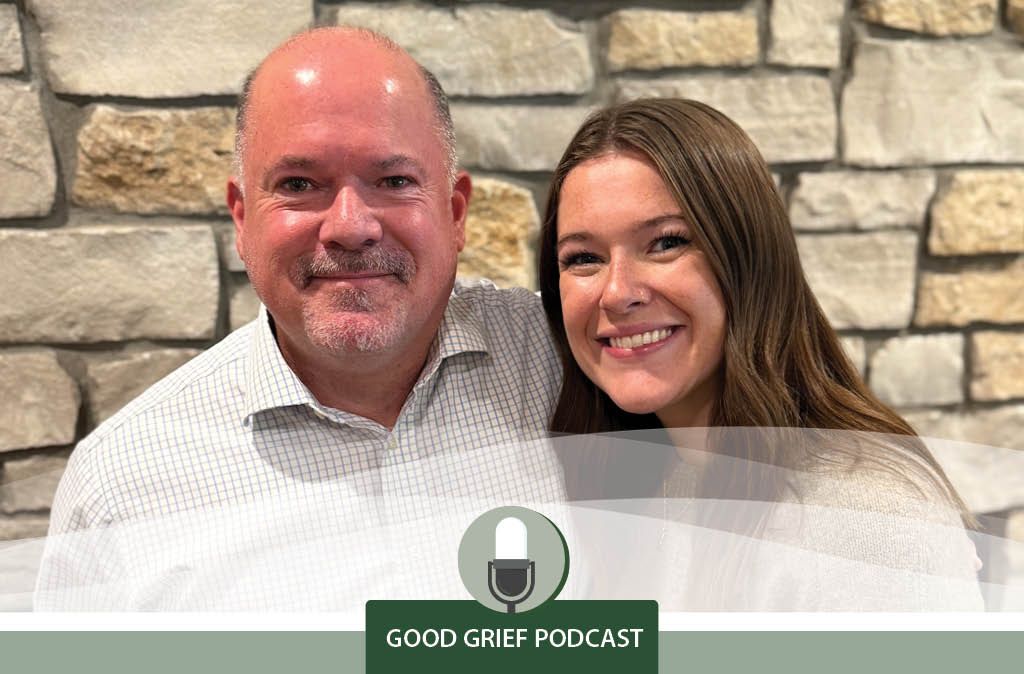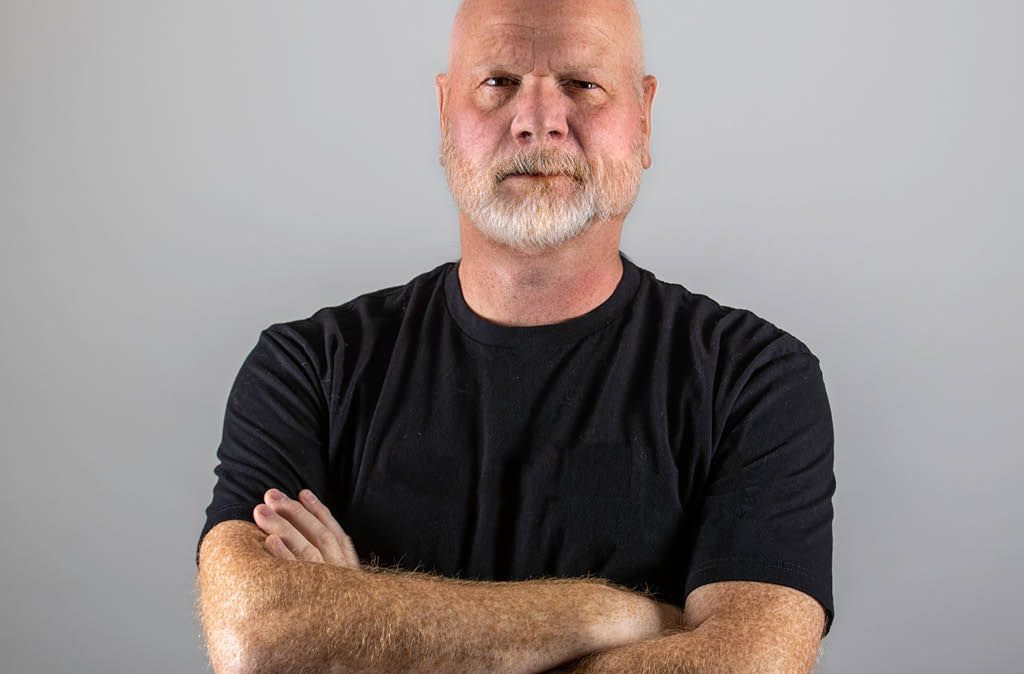Ask The Funeral Director: How Social Security Works After Death

Losing a loved one is hard enough without the added stress of figuring out what happens to their Social Security benefits. Many families don’t realize there are specific steps to take, and that survivor benefits may be available to support those left behind.
What you Need to Know
Social Security benefits play a crucial role in providing financial stability for individuals and families. When a person who has been receiving Social Security passes away, their benefits do not automatically continue, but certain provisions allow for survivor benefits to assist family members. Understanding how Social Security works after death can help families navigate this difficult time.
What Happens to Social Security Benefits When Someone Dies?
The Social Security Administration (SSA) must be notified when a recipient dies. The funeral home handling the arrangements will report the death if provided with the deceased’s Social Security number.
Family members can also contact the SSA directly BUT, it is recommended to wait at least three weeks for SSA to process being notified. Fear not, SSA will auto debit it back out automatically.
One key point to remember is that Social Security benefits are not payable for the month of a person’s death. If the deceased received a payment for that month, it must be returned. For example, if a person passes away in June and receives a benefit payment in July for June, that payment must be returned.
Who is Eligible for Survivor Benefits?
Certain family members may qualify for Social Security survivor benefits, including:
- A surviving spouse who is at least 60 years old (50 if disabled)
- A surviving spouse of any age who is caring for the deceased’s child under age 16 or disabled
- Unmarried children under age 18 (or up to 19 if attending elementary or secondary school full-time)
- Children who are disabled before age 22 and remain dependent
- Dependent parents aged 62 or older
How Much Are Survivor Benefits?
The amount of survivor benefits depends on several factors, including the deceased’s earnings record and the survivor’s relationship to the deceased. In general:
- A surviving spouse may receive 100% of the deceased’s benefit if they have reached full retirement age.
- A surviving spouse aged 60 to full retirement age receives between 71.5% and 99% of the benefit.
- A surviving spouse caring for a child under 16 receives 75% of the benefit.
- Eligible children typically receive 75% of the deceased’s benefit.
The total amount paid to a family is subject to a maximum limit, generally ranging from 150% to 180% of the deceased’s full retirement benefit.
One-Time Death Benefit
A one-time payment of $255 may be available to a surviving spouse or minor child if they meet eligibility requirements. This benefit is small but can assist with immediate expenses. The lump-sum death benefit of $255 has remained unchanged since 1954. Despite inflation and rising costs, the amount has not been increased in over 70 years.
Final Thoughts
Losing a loved one is never easy, and understanding Social Security benefits can be overwhelming during this time. The SSA provides important financial support for surviving family members, and it is essential to notify the agency promptly to determine eligibility. For personalized assistance, contacting the SSA or visiting their website (www.ssa.gov) can provide further guidance.
Blog written by Mike O’Connell
O’Connell Family Funeral Homes












